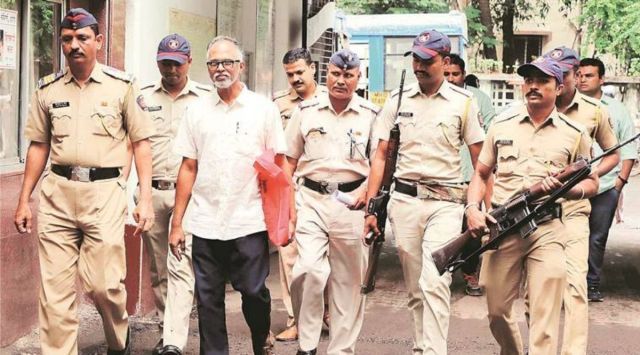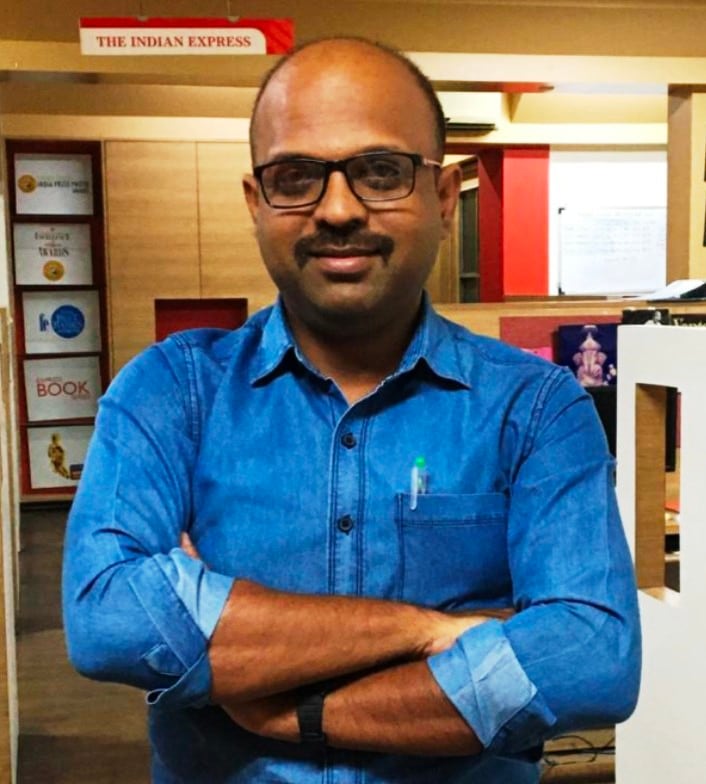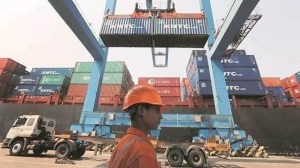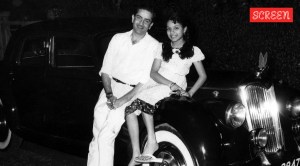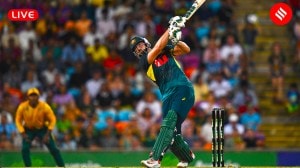IPS officer Ravindra Sengaonkar, who earlier deposed as a witness before the Koregaon Bhima Commission of Inquiry, was cross-examined on Tuesday on various points including an alleged provocative speech made by activist Sudhir Dhawale in Aurangabad, a week before the Elgaar Parishad.

Dhawale was also one of the key members of the ‘Bhima Koregaon Shuaryadin Prerna Abhiyaan’, a committee that organised Elgaar Parishad at the Shaniwar Wada on December 31, 2017, ahead of the 200th commemoration of the Battle of Bhima Koregaon. Next day, on January 1, 2018, violence in Koregaon Bhima area had claimed one life and left hundreds injured. A two-member commission headed by retired Justice J N Patel is probing the causes of the violence.
Story continues below this ad
Currently posted in Mumbai, Sengaonkar was additional commissioner (south region) of Pune City Police during the violence. He had filed the affidavit before the commission on behalf of Pune Police in October 2018. Elgaar Parishad was held under his jurisdiction.
Pune Police have claimed that “provocative speeches” made at the Elgaar Parishad and previous campaigns for the event were among the factors that led to the violence in Koregaon Bhima. In his affidavit,Sengaonkar stated that members of CPI Maoist played a role in organising the Elgaar Parishad.
Advocate Pradeep Gawade confronted Sengaonkar with the letters submitted by Rashmi Shukla, the then commissioner of Pune City Police, regarding various intelligence inputs received before the violence.
A letter dated December 11, 2017, from the commissioner of State Intelligence Department to the Pune Police Commissioner, had “cautioned” about the presence of “Naxal samarthak” in the Bhima Koregaon Shuaryadin Prerna Abhiyaan. The letter sought precautionary measures considering the possibility of violence due to “objectionable statements” during the “long march” taken out by the committee from December 23, 2017, from Nashik to Koregaon Bhima.
Gawade submitted a video of a speech made by Dhawale during a gathering in Aurangabad on December 24, as part of the long march. The video purportedly shows Dhawale justifying “blocking roads” and “burning buses” if the accused in Dalit atrocity cases are not arrested. Gawade questioned Sengaonkar for not taking preventive action against Dhawale despite receiving intelligence inputs.
Story continues below this ad
The lawyer also cross-examined Sengaonkar about Kabir Kala Manch artists Sagar Gorkhe and Ramesh Gaichor, who played an active role in the Elgar Parishad. Both Gorkhe and Gaichor have been arrested in the past by the state ATS for their alleged links with CPI-Maoist.
Gawade also questioned Sengaonkar about Kiran Shinde of the ‘Buddhist Prerna Group’, who is also a member of Bhima Koregaon Shaurya Din Prerna Abhiyan, and members of the BAMCEF (named in police record as an outfit that participated in Elgaar Parishad), who are named as an accused in the case lodged by Pune Rural Police for putting up a “controversial” board at Vadhu Budruk village on December 28, 2017. Row over the board is suspected to be one of the factors that instigated the violence.
Sengaonkar was also cross-examined about Gunde Shankar, also a member of Bhima Koregaon Shaurya Din Prerna Abhiya, who was arrested by the state ATS in Mumbai in January 2018 for his alleged links with CPI-Maoist.
Gawade asked Sengaonkar whether it was proper on the part of Pune City Police to give permission for Elgar Parishad, “wherein people with alleged history of inciting unrest” had participated.
Story continues below this ad
Sengaonkar replied, “Permission was given to hold Elgar Parishad as the state respects freedom of speech and expression.”
Meanwhile, senior lawyer B A Desai questioned Sengonkar about the case lodged by Dalit activist Anita Savale, who has blamed Hindutva leaders Milind Ekbote and Sambhaji Bhide for the violence. Desai claimed that the Elgaar Parishad FIR was lodged as a “conspiracy to save” Ekbote and Bhide.
